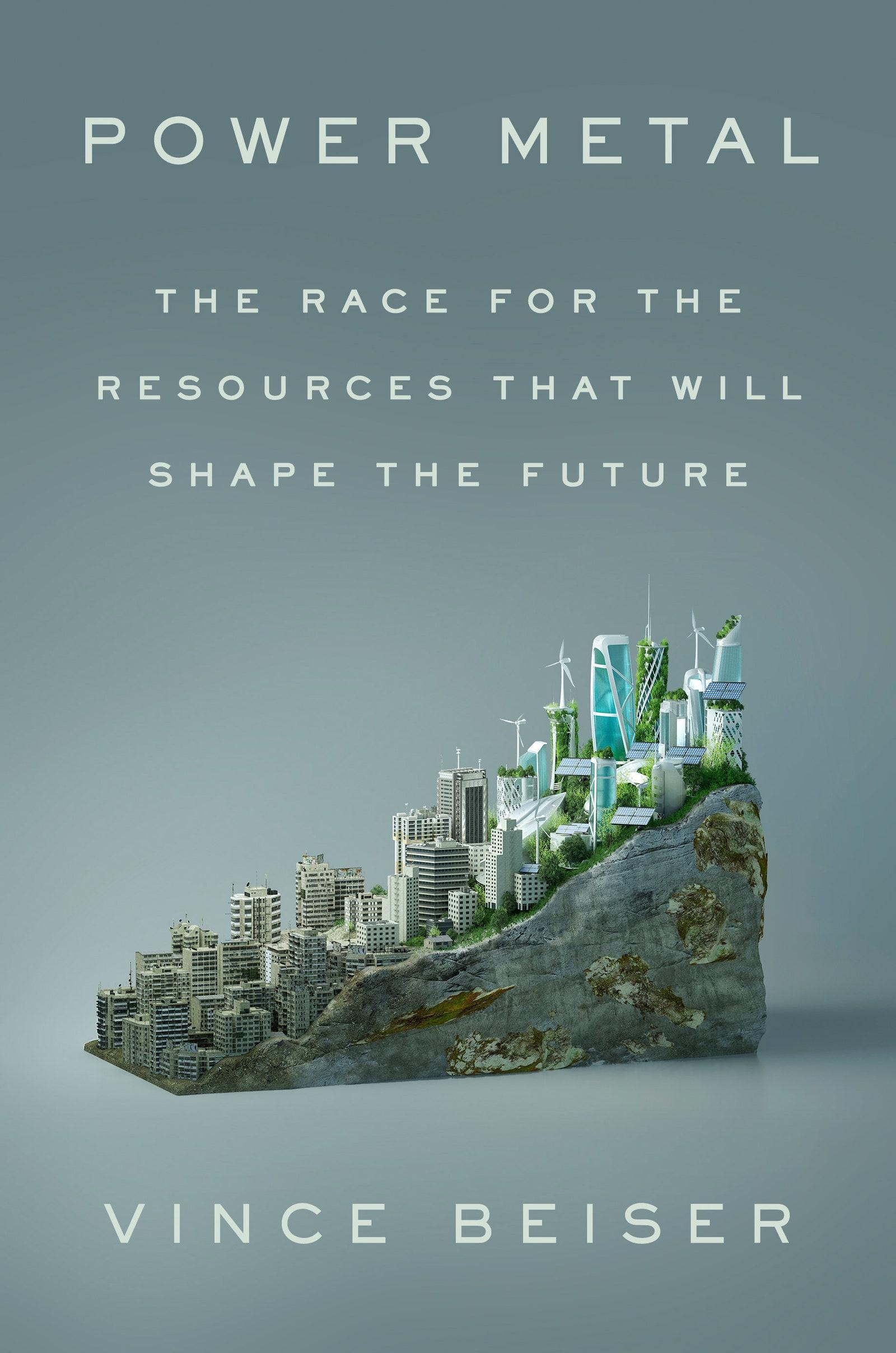The Green Economy Is Hungry for Copper—and People Are Stealing, Fighting, and Dying to Feed It
In recent years, there has been a growing global push towards a cleaner and more sustainable future. As we strive to reduce our carbon footprint and transition to renewable energy sources, one element in particular has become a vital component in the green economy – copper.
Copper is a versatile metal that is used in a wide range of applications, from electrical wiring in renewable energy systems to electric vehicles and solar panels. With its excellent conductivity and durability, copper has become the go-to material for these technologies, driving up its demand to unprecedented levels.
However, this surging demand for copper has led to some serious consequences, both environmental and social. As the need for copper soars, so does illegal mining activities and the theft of copper-rich materials. This has resulted in an underground trade of stolen copper, leading to an increase in crime rates in affected regions.
In many developing countries, where copper deposits are abundant, illegal mining has become a widespread problem. Desperate individuals seek to profit from the valuable resource, disregarding the environmental damage caused by unregulated extraction. These illegal miners often operate in remote areas without proper safety measures, resulting in accidents, injuries, and even deaths.
Furthermore, the fight for control over copper-rich lands has sparked conflicts between communities, mining companies, and indigenous groups. As the demand for copper grows, mining corporations enter lands occupied by indigenous communities, often leading to displacement, loss of livelihoods, and social unrest. The race to extract this precious metal has become a source of tension, and lives have been lost in the pursuit of profit.
The consequences of this insatiable hunger for copper extend beyond the social arena. Copper mining has a significant environmental impact, particularly in regions where extraction is not adequately regulated. The process of mining and refining copper requires vast amounts of energy and water. It produces toxic byproducts that contaminate soil, water sources, and ecosystems, leading to long-term consequences for local biodiversity and public health.
The situation calls for a more sustainable approach to copper extraction and consumption. Fortunately, there are steps being taken to address these challenges. Governments worldwide are increasingly aware of the need for regulations and oversight to combat illegal mining activities. They are also encouraging the responsible sourcing and recycling of copper to reduce the environmental footprint.
Mining companies, too, are beginning to recognize the importance of social and environmental responsibility. Some have made efforts to work with local communities and indigenous groups to ensure fair compensation, protect human rights, and provide alternative sources of livelihood. Additionally, innovative mining techniques are being developed to reduce the environmental impact of extraction and refine copper more efficiently, minimizing waste and pollution.
Investing in research and development of alternative materials that could replace copper in certain applications is also crucial. Scientists and engineers are exploring the use of materials like aluminum, graphene, and carbon nanotubes, which could potentially offer similar conductivity with a lower environmental impact.
As society continues to strive towards a greener future, it is essential to recognize and address the challenges associated with the increasing demand for copper. The green economy demands a responsible supply chain that considers both environmental preservation and social justice. By implementing stringent regulations, supporting responsible mining practices, and exploring alternative materials, we can satisfy the hunger for copper without sacrificing human lives or destroying our planet.
Hey Subscribe to our newsletter for more articles like this directly to your email.
